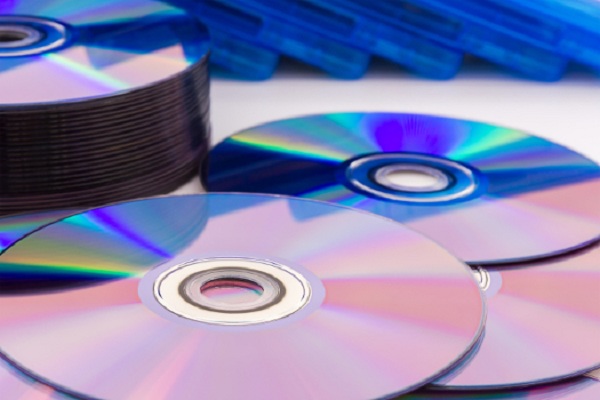Replication is important for businesses of all sizes, as it allows them to keep large collections of data and content safe and secure. If you want to keep your data safe and don't have the budget for physical CD replication, there are other ways to replicate your data that don't require a large upfront investment. In this article, we'll look at some of these methods and why you might want to consider using them to duplicate your CDs.
What is CD replication?
When you want to make a copy of a CD, there are several ways you can do it. You can use a CD burner to create a physical disc from the original data.
You can also use software that creates digital copies of the data on your CDs. And finally, you can use CD replication services to create copies of your CDs for other people.
Each of these methods has its own advantages and disadvantages. Here’s a closer look at each one:
1) Burn Your Own CD: The easiest way to replicate a CD is to simply burn a copy of the data onto a new disc using your computer’s burner. This method is easy and quick, but it doesn’t allow you to share or backup the disc with others.
2) Create Digital Copies With Software: Another option is to use software designed specifically for making digital copies of CDs. These programs typically offer greater flexibility than standalone burners, allowing you to copy discs both for personal use and for distribution (including backups). However, these programs can be more complicated to set up and may require additional hardware (such as an optical drive).
3) Use CD replication services: If you don’t have any software or burning capability available, consider using CD replication services instead. These companies will take your original discs and create digital copies from them for you, usually in just a few minutes per disc. This method is generally more affordable than either of the other two options, and it allows you to share the copies with others easily.
How does CD replication work?
If you have ever had to copy a CD, then you know how frustrating and time-consuming it can be. CDs are incredibly durable media, but even with the best of software and hardware, copying them can be a laborious process.
There are a few different ways to replicate CDs. One of the most common methods is through optical disc replication. This involves burning your original CD content to a blank disc, and then using an optical drive to read that disc back into your computer.
This method is great for large collections or if you need multiple copies of the same CD. However, it can be difficult to find quality optical drives in smaller quantities, and it can be expensive to burn discs this way.
Another common way to replicating CDs is through digital audio broadcasting (DAB). With DAB+, you can reproduce any track on a CD by broadcasting the audio data over the Internet.
This method is perfect for small businesses or home users who don't have access to an optical drive or want more than one copy of the same CD. It's also less expensive than burning discs since you don't need to purchase an additional piece of equipment.
While both methods work well, there are some disadvantages to each one depending on your situation. Optical disc replication is typically slower than other methods, while DAB may not work with every music track format.
Ultimately, whichever method you choose will depend on your needs and preferences.
Why should you replicate CDs?
CDs are one of the most common storage media for music, movies and games. Because they're so durable and have a large capacity, many people keep their copies around for a rainy day. If you ever lose your original CD, or if you just want to make a backup of your music library, you can replicate CDs to create new discs. Here are five reasons you should replicate CDs:
1. You Can Store More Music On A CD Than You Can On Your Computer
A CD holds up to 80 minutes of audio or 4 GB of data. That's a lot more music than you can fit on a computer hard drive! Plus, if your computer crashes, and you lose all your music files, you can still recover them by replicating your CDs.
2. You Can Always Use A Copied CD As The Original If Something Goes Wrong With The Original
If your original CD becomes corrupted, damaged or lost, you can still use a copied disc as the original and continue playback. This is especially helpful if you have kids who are always misplacing their CDs!
3. It's Easy To Make A Backup Of Your Music Library On A Replicated CD
Whenever you add or delete songs from your music library, it's important to make a backup copy of your disc so that you won't lose any data. Replication makes this easy for you!
4. You Can Play Your Copies Of Your Music In Any Vehicle That Uses An Audio Jack
If you have a car with an audio jack, you can plug your replicated CD into the stereo and play your music. This is great if you want to take your music with you on a road trip!
5. Replicating CDs Is A Cost-effective Way To Protect Your Music Library
Copying your CDs is a cost-effective way to protect your music library. For example, if you have 1,000 songs on your original CD, replication will create four new discs that hold up to 4,000 songs each. That's a savings of 2,000 songs!
